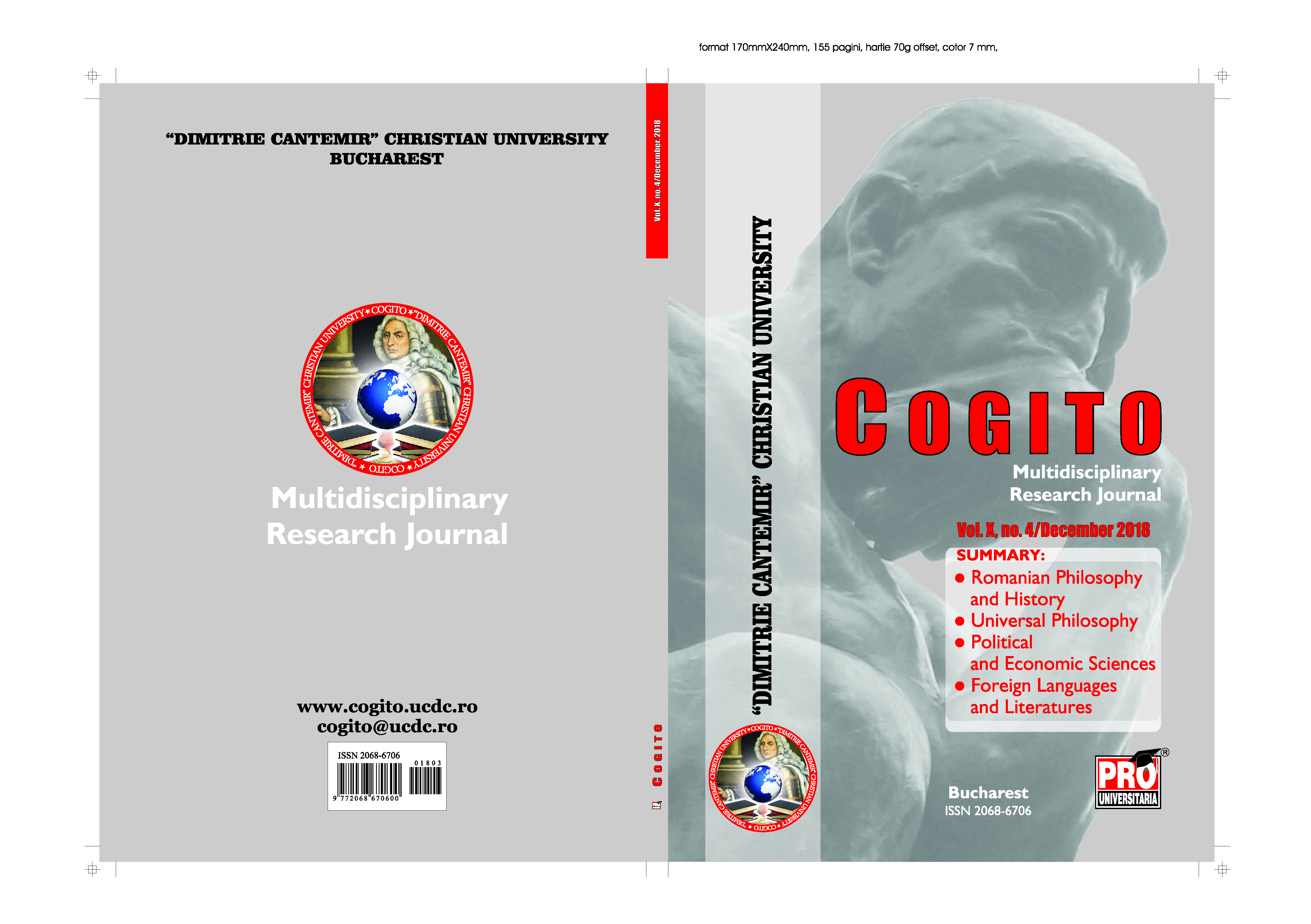ROMANIA IN INTERNATIONAL RELATIONS IN THE LATE 19TH CENTURY AND EARLY 20TH CENTURY
ROMANIA IN INTERNATIONAL RELATIONS IN THE LATE 19TH CENTURY AND EARLY 20TH CENTURY
Author(s): Nicu PohoaţăSubject(s): Law, Constitution, Jurisprudence, Civil Law
Published by: Editura Pro Universitaria
Keywords: Central Powers; Franco-Russian Alliance; Entente Cordiale; Anglo-Russian Agreement; Triple Entente; Triple Alliance;
Summary/Abstract: The current study analyzes the implications of the Triple Entente establishment on Romanian foreign policy. A “small state,” Romania had to shape its foreign policy according to the relations among the Great Powers and the important international mutations that they triggered. Under the circumstances created after the Berlin Congress, Romania found its security guarantees through its alliance with that group of powers which were dominant in international life and its accession to the Central Powers was a solution imposed by the realities of that historical moment. The establishment of the Triple Entente would gradually alter the balance of power internationally. The Franco- Russian Alliance failed to overcome the Triple Alliance hegemony. The Entente Cordiale marked a certain balance of forces and strengthened France's position at international level. But the defeat of Russia in the war with Japan meant, at the same time, a weakening of the Franco-Russian alliance, which kept the impression of a certain military superiority of the Central Powers. However, the first “Moroccan crisis” proved that it could be only relative, the Entente Cordiale being strengthened. The conclusion of the Anglo-Russian agreement and the finalization of the Triple Entente establishment in this way, however, brought about an essential change in the balance of power at international level. While the Triple Alliance was primarily a continental alliance, the Triple Entente, given the vast colonial possessions of the member states, was a world one. Thus, the international context that imposed Romania's accession to the Triple Alliance was fundamentally altered, which made it necessary to re-analyze its position externally, in accordance with the great interests of the Romanian nation, related to the achievement of state unity. At the time of its establishment, however, the Triple Entente was not consolidated. The Anglo-French and Anglo-Russian agreements, concluded under the form of dividing the spheres of influence in Africa and Asia, did not contain firm policy commitments and, besides, future disagreements in key issues were possible. Romania needed to wait and reflect in order to tune its foreign policy to the aspirations for national reunification. The interests of ensuring the state security remained a priority, a situation in which it was necessary to maintain the alliance with the Central Powers.
Journal: Cogito - Multidisciplinary research Journal
- Issue Year: 2018
- Issue No: 4
- Page Range: 29-42
- Page Count: 14
- Language: English
- Content File-PDF

